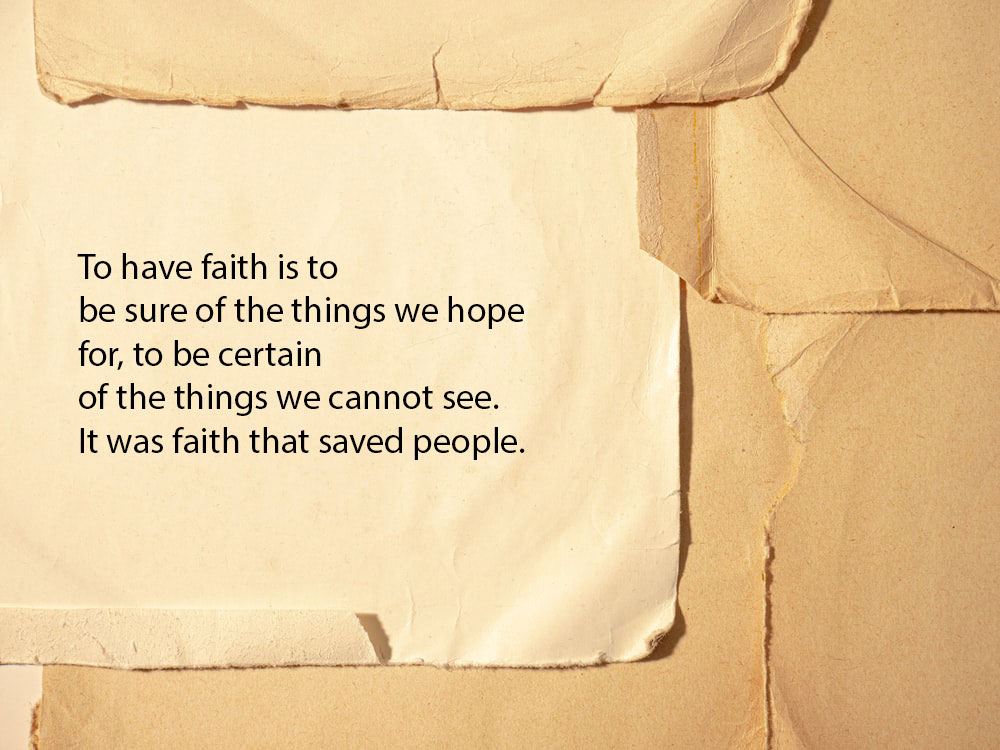Gospel: Jn 1:1-18
In the beginning was the Word. And the Word was with God and the Word was God; he was in the beginning with God. All things were made through him, and without him nothing came to be. Whatever has come to be, found life in him; life, which for human beings, was also light, light that shines in darkness, light that darkness could not overcome. A man came, sent by God; his name was John. He came to bear witness, as a witness to introduce the Light, so that all might believe through him. He was not the Light, but a witness to introduce the Light; for the Light was coming into the world, the true Light that enlightens everyone. He was in the world, and through him the world was made, the very world that did not know him. He came to his own, yet his own people did not receive him; but to all who received him, he empowers to become children of God, for they believe in his name. These are born, but not by seed, or carnal desire, nor by the will of man: they are born of God. And the Word was made flesh and dwelt among us; and we have seen his glory, the glory of the only Son of the Father: fullness of truth and loving kindness. John bore witness to him openly, saying, ”This is the one who comes after me, but he is already ahead of me, for he was before me.” From his fullness we have all received, favor upon favor. For God had given us the law through Moses, but Truth and Loving kindness came through Jesus Christ. No one has ever seen God, but God-the-only-Son made him known: the one, who is in and with the Father.Reflections
John presents Jesus here as ”one of being with” God. John‘s opening introduces several motifs that will dominate his narrative to follow. First, as already noted, John stresses that ”the world came into being through him”. Jesus is integral to the creation of the cosmos. Second, John presents Jesus as the source of revelation and grace for humankind: He is ”the true light which enlightens everyone and reflecting God‘s glory, He is ”full of grace and truth.” Creation and salvation are one. Third that the Word became incarnate among and within humanity: ”and the Word became flesh and dwelt among us.” The Word embraces all of what is in us, both holy and unholy, to redeem all those who would welcome him and his unconditional love. The prologue of John connects creation and incarnation and Richard Rohr in his cosmic reflection about Jesus, says: “Two thousand years ago was the human incarnation of God in Jesus, but before that there was the first and original incarnation through light, water, land, sun, moon, stars, plants, trees, fruit, birds, serpents, cattle, fish and ‘every kind of wild beast’, according to our own creation story (Genesis 1:3-25). This was the ’Cosmic Christ’ through which God has ’let us know the mystery of his purpose, the hidden plan he so kindly made from the beginning in Christ‘ (Ephesians 1:9). Christ is not Jesus‘ last name, but the title for his life‘s purpose. Jesus is the very concrete truth revealing and standing in for the universal truth. As Colossians puts it, ‘He is the image of the invisible God, the first born of all creation’ (1:15), he is the one glorious part that names and reveals the even more glorious whole. ‘The fullness is founded in him — everything in heaven and everything on earth’ (Colossians1:19 20).” God‘s incarnation is the whole immense cosmic body – water, fire, wind, earth and all the elements. We are to evolve together in a new creation and flourish as a community of interconnected beings. Within the human heart and the heart of the cosmos is the sacred quest for interconnectedness and harmony. We are part of the cosmos and the world of matter, energy, space and time is our home. All our thoughts and actions, our prayer and worship are radically cosmic in its foundations, expressions and celebrations.© Copyright Bible Diary 2018
2014 Copyright. Claretian Communications Foundation Inc








